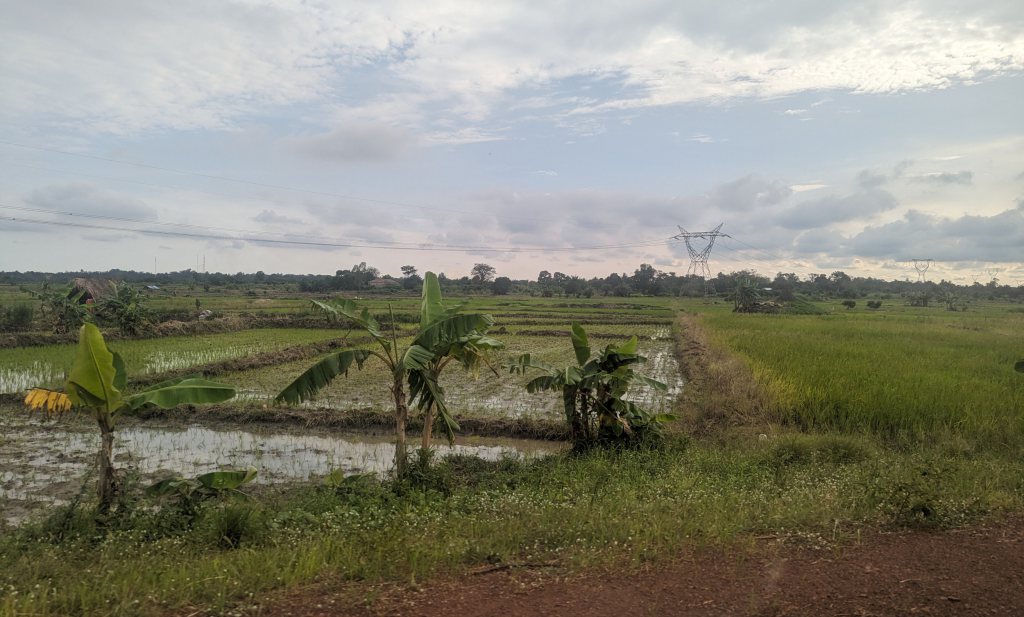Over the years, farmers are well known for producing crops or raising livestock for their family mainly and little for sales. That is, mainly for social benefits, with little or no economic benefits. And in case of shocks (either internal or external), the little for sales might not be available and livelihoods are adversely affected.
This is one of the reasons agriculture is not attractive to young people because the cultural aspects have been showcased more, with little or no business case for it; no business growth. However, there are a lot of business opportunities in agriculture that are not explored, and these opportunities provided shared prosperity for many generations and are still thriving, but only known to few people.
Indeed, the business of agriculture cannot be overemphasized especially when shared prosperity is the focus for farmers. In the 21st century, farmers should not only cultivate crops or livestock for social purposes only but must be involved in its business to explore all the economic benefits that it gives. To enjoy this benefit, we need to accept the reality that agriculture is beyond the use of crude implements but the adoption of simple techniques and technologies to improve productivity, predict weather and identify it and access to premium markets to increase revenue.
A mindshift to embrace technologies and new skills. There is a need for us to develop our farmers' skills to embrace the 21st century reality and also expand their minds to see beyond marketing raw produce but to see value addition as a new business to explore in the food supply chain.
Agriculture should no longer be seen as a poverty intervention programme but as an economically viable enterprise that provides a platform for shared prosperity for all the actors in its value chains. We need more sensitisation, political will power and investment to ensure that shared prosperity is experienced by all in the agricultural sector. It should be noted that we don't do agriculture because we are poor but we do agriculture because it is a means to impact more people through shared prosperity.
We need to make a mark in our generation using agriculture because there are a lot of businesses that give prosperity but agribusiness is one of the businesses that ensure shared prosperity.
Yours-in-Service
Babatunde
Indeed, the business of agriculture cannot be overemphasized especially when shared prosperity is the focus for farmers. In the 21st century, farmers should not only cultivate crops or livestock for social purposes only but must be involved in its business to explore all the economic benefits that it gives. To enjoy this benefit, we need to accept the reality that agriculture is beyond the use of crude implements but the adoption of simple techniques and technologies to improve productivity, predict weather and identify it and access to premium markets to increase revenue.
A mindshift to embrace technologies and new skills. There is a need for us to develop our farmers' skills to embrace the 21st century reality and also expand their minds to see beyond marketing raw produce but to see value addition as a new business to explore in the food supply chain.
Agriculture should no longer be seen as a poverty intervention programme but as an economically viable enterprise that provides a platform for shared prosperity for all the actors in its value chains. We need more sensitisation, political will power and investment to ensure that shared prosperity is experienced by all in the agricultural sector. It should be noted that we don't do agriculture because we are poor but we do agriculture because it is a means to impact more people through shared prosperity.
We need to make a mark in our generation using agriculture because there are a lot of businesses that give prosperity but agribusiness is one of the businesses that ensure shared prosperity.
Yours-in-Service
Babatunde
Related



